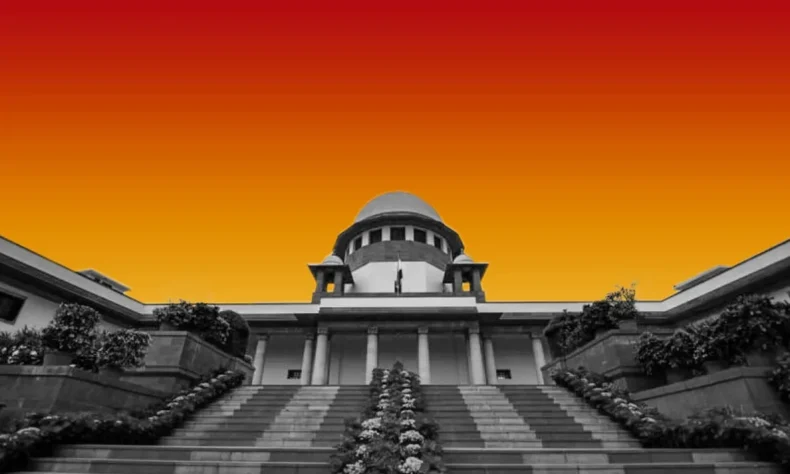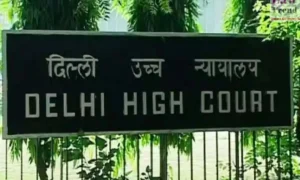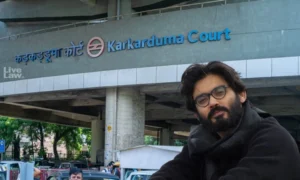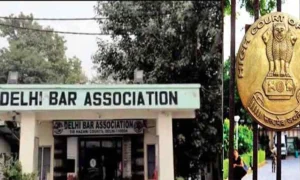
The Supreme Court of India has reaffirmed that insurance companies are obligated to compensate victims of motor accidents even in cases where the vehicle was operating beyond its authorised route permit. A bench comprising Justices Sanjay Karol and Prashant Kumar Mishra observed that denying such claims on purely technical grounds would offend the principles of justice and fairness that underpin the Motor Vehicles Act.
The case stemmed from a fatal accident involving a bus that had deviated from its permitted route. The insurer challenged a High Court order requiring it to pay compensation to the claimants and later recover the amount from the vehicle owner, arguing that a route permit violation exempted it from liability.
The vehicle owner, on the other hand, contested the recovery direction. The Supreme Court dismissed both appeals, upholding the “pay and recover” model as a balanced approach that protects victims’ rights without absolving owners of responsibility.
The bench emphasised that motor insurance serves a social purpose to provide immediate relief to accident victims or their families, irrespective of contractual technicalities between insurers and vehicle owners. The Court clarified that while insurers retain the right to recover compensation from owners for any breach of policy conditions, they cannot withhold payment to victims who are otherwise entitled under the law.
In reaching this decision, the Court relied on several precedents, including National Insurance Co. Ltd. v. Swaran Singh, New India Assurance Co. v. Kamla, S. Iyyapan v. United India Insurance Co., and Parminder Singh v. New India Assurance Co. Ltd. These judgments consistently establish that insurance companies must first discharge their liability to third parties and subsequently recover from the insured in cases of policy violations.
The Supreme Court also referred to its recent ruling in Chatha Service Station v. Lalmati Devi & Others, where it reiterated that even in instances involving impermissible carriage or route violations, insurers are still required to compensate victims before seeking reimbursement.
Through this judgment, the apex court has reinforced the primacy of victim-centric justice in motor accident claims. By mandating that insurers prioritise compensation and pursue recovery later, the Court has ensured that procedural or contractual disputes do not obstruct timely relief. The ruling also reiterates the judiciary’s stance that public interest and equitable redress must prevail over technical defences in insurance litigation.
📰 Crime Today News is proudly sponsored by DRYFRUIT & CO – A Brand by eFabby Global LLC
Design & Developed by Yes Mom Hosting






